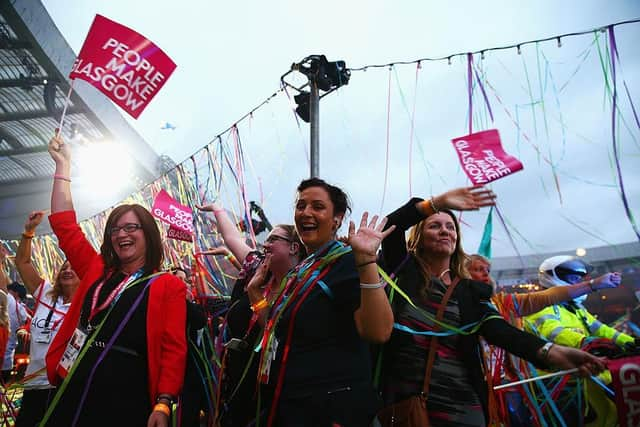Commonwealth Games 2026: Is this the end of the Games? Who will host the Commonwealth Games after Victoria cancels, and how much does the event cost?
It is the Commonwealth Games that no-one wanted.
The 2026 event was left without a host after Birmingham, which had grudgingly taken the event on following dropped bids by a number of other potential cities, stepped up to run the 2022 event. That year’s Games had itself been in jeopardy after organisers pulled out the event from Durban, South Africa, following a string of a missed deadlines and financial problems.
Birmingham’s decision to take on the 2022 games left the 2026 slot empty – until Victoria agreed to step up, just four years before the scheduled event.


Advertisement
Hide AdAdvertisement
Hide AdNow the Australian state has pulled out, citing spiralling costs, which put the price tag for the Victorian authorities at more than seven times that of the cost of running the same event in Glasgow in 2014.
Left again without a host, it is increasingly unlikely the Games will be held in three years’ time, sparking questions over whether the evnet should ever be held again.
Specifically, the decision by an Australian state to pull out is seen as a major blow. A key member in the Commonwealth, Australia is also a keen sporting nation and one of only six countries which have participated in every games, alongside Canada, England, New Zealand, Scotland and Wales.
Launched in 1930, the Commonwealth Games is regarded as a symbol of an institution born out of the British Empire, which has been dealt a major blow from the death of Queen Elizabeth II.
Dr Steve Georgakis, senior lecturer of sports studies at the University of Sydney, said Australian apathy towards the Games signalled a death knell for the event.
"It then sends a message to the rest of the countries involved saying ‘well, what does this mean for us?’,” Dr Georgakis told news channel ABC in Australia. “Is this really a priority for us, if it's not really a priority for Australia, that loves sport?"
Victorian premier Daniel Andrews had promised the event would be a “Games like no other” when he announced plans for his territory to host the sporting showcase. However, he admitted on Tuesday his administration was no longer able to afford to host the Games, saying the economic benefit would be far less than the cost.
“What’s become clear is that the cost of hosting these Games in 2026 is not the $2.6 billion (£1.3bn) which was budgeted and allocated,” he said. “It is in fact at least $6bn and could be as high as $7bn.”
Advertisement
Hide AdAdvertisement
Hide AdHowever, Commonwealth Games Australia chief executive Craig Phillips said Mr Andrews’ cost claims were “a gross exaggeration”.
He said the Victorian government “wilfully ignored recommendations to move events to purpose-built stadia in Melbourne and, in fact, remained wedded to proceeding with expensive temporary venues in regional Victoria”.
The projected costs are far higher than the figure spent in Glasgow less than ten years ago. Then, in 2014, the total cost of holding the event was just £543m, around £32m less than the agreed budget of £575m set in November 2013.
However, the Post Games Report, published exactly a year on from the opening ceremony, found the event had contributed more than £740m to Scotland’s economy and supported thousands of jobs.
Comments
Want to join the conversation? Please or to comment on this article.
